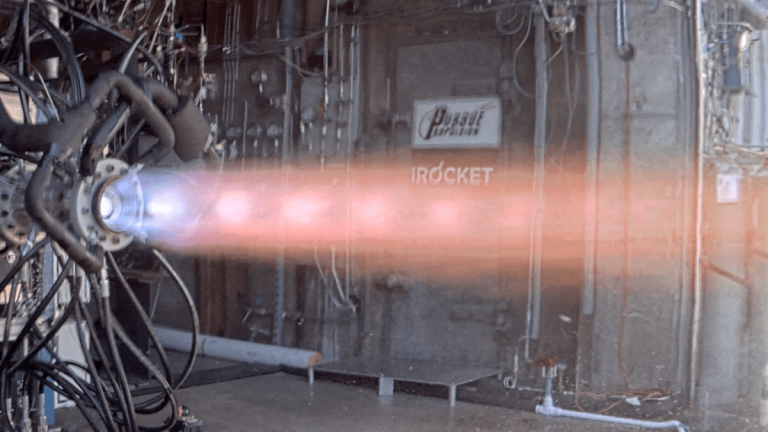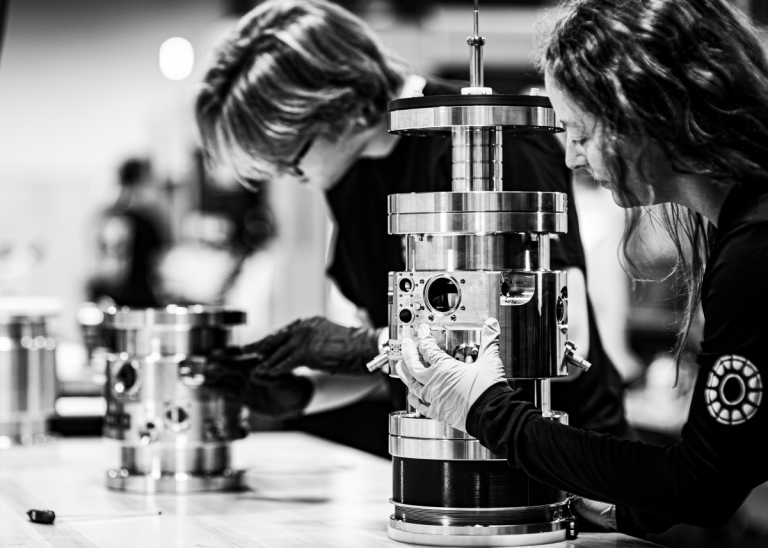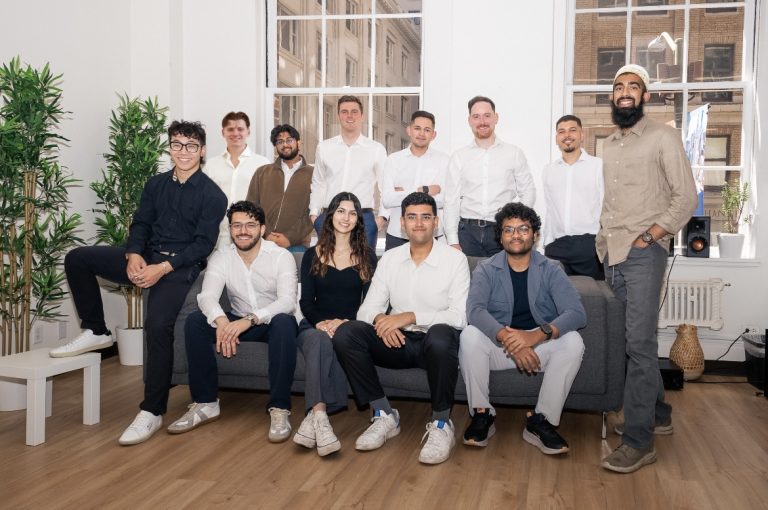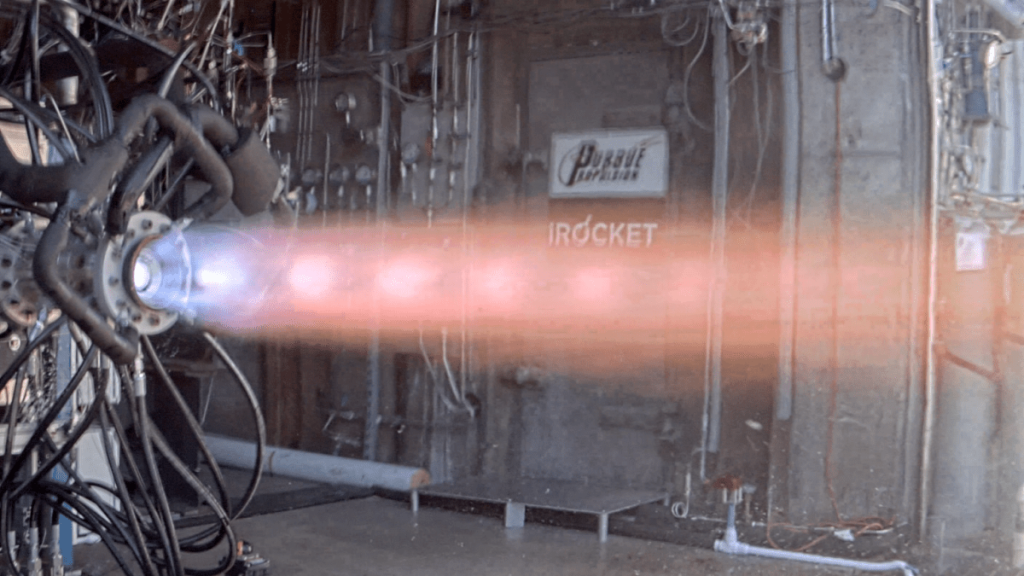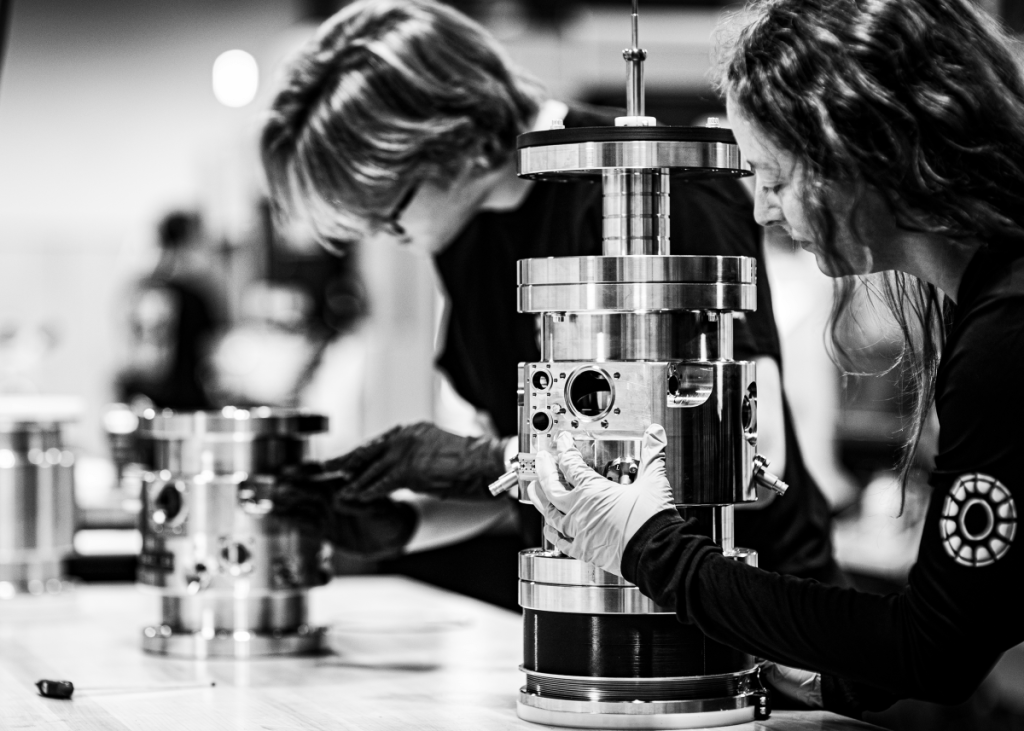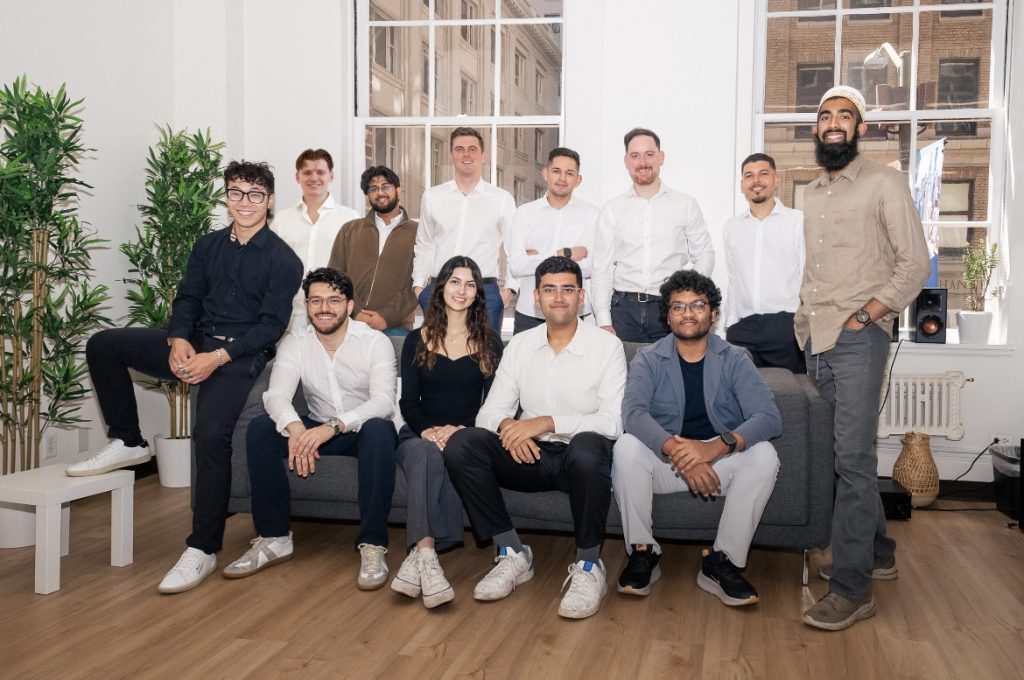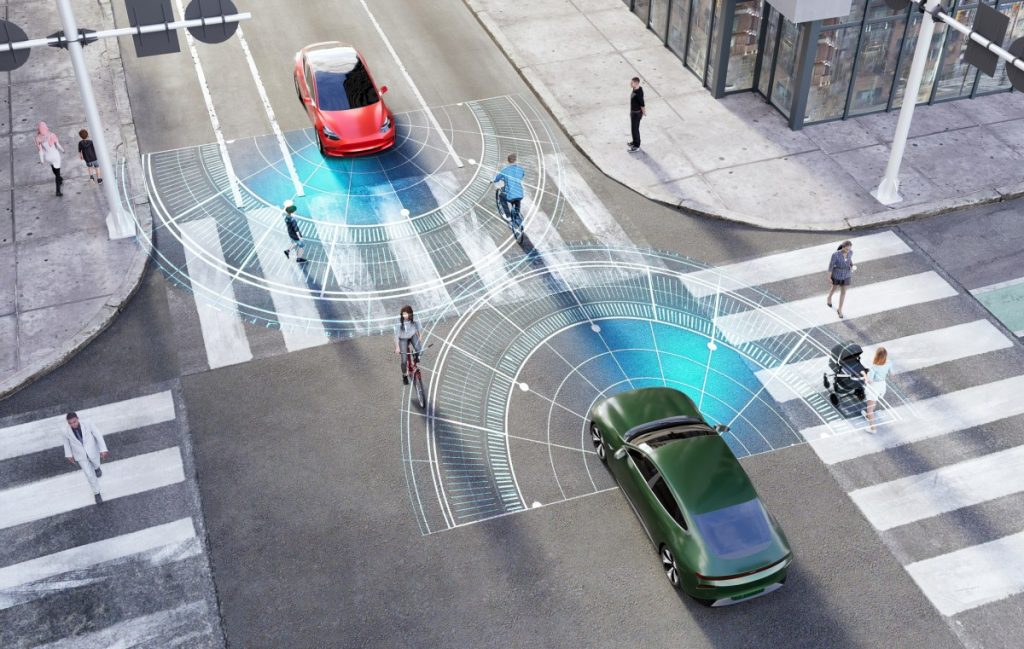Norwegian robotics company 1X is preparing to launch an ambitious pilot program for its humanoid robot, Neo Gamma. By late 2025, the firm aims to deploy prototypes in hundreds to thousands of residential environments. CEO Bernt Børnich emphasized the importance of real-world testing, stating that early adopters will play a critical role in refining the robot’s behavior through hands-on interaction.
This initiative arrives amid growing interest in domestic humanoid robotics. Competitors like Figure have announced similar plans for home trials, while industry giants such as OpenAI explore their own ventures. However, integrating advanced robots into private spaces introduces significant challenges, from technical reliability to privacy considerations.
Neo Gamma’s current capabilities rely heavily on human oversight. While equipped with AI for basic mobility, the robot requires teleoperators to remotely control its movements via real-time sensor data. These operators will guide tasks like cleaning, plant care, and navigation during initial testing phases. 1X plans to use the collected data to train proprietary AI models, gradually reducing dependence on human intervention.
“We need people to teach Neo how to behave in human environments,” Børnich explained during a recent tech conference demonstration. “This collaboration between users and our systems will shape the future of home robotics.”
Privacy safeguards remain a key concern, as Neo Gamma’s cameras and microphones could capture sensitive household data. The company claims users will retain control over when operators access these feeds, though specifics about data handling remain undisclosed.
Technical hurdles were evident during recent showcases. At Nvidia’s GTC event, Neo Gamma demonstrated basic chore execution but experienced instability attributed to connectivity issues and power limitations. The robot’s redesigned nylon exterior aims to improve safety during human interaction, though real-world performance remains untested.
Prospective users can join a waitlist for the pilot program, but critical details—including pricing, operational parameters, and long-term commercialization plans—remain unclear. While 1X collaborates with AI leaders like OpenAI and Nvidia, the path to fully autonomous home robots appears distant. Industry observers suggest widespread adoption may require years of iterative development and regulatory refinement.



